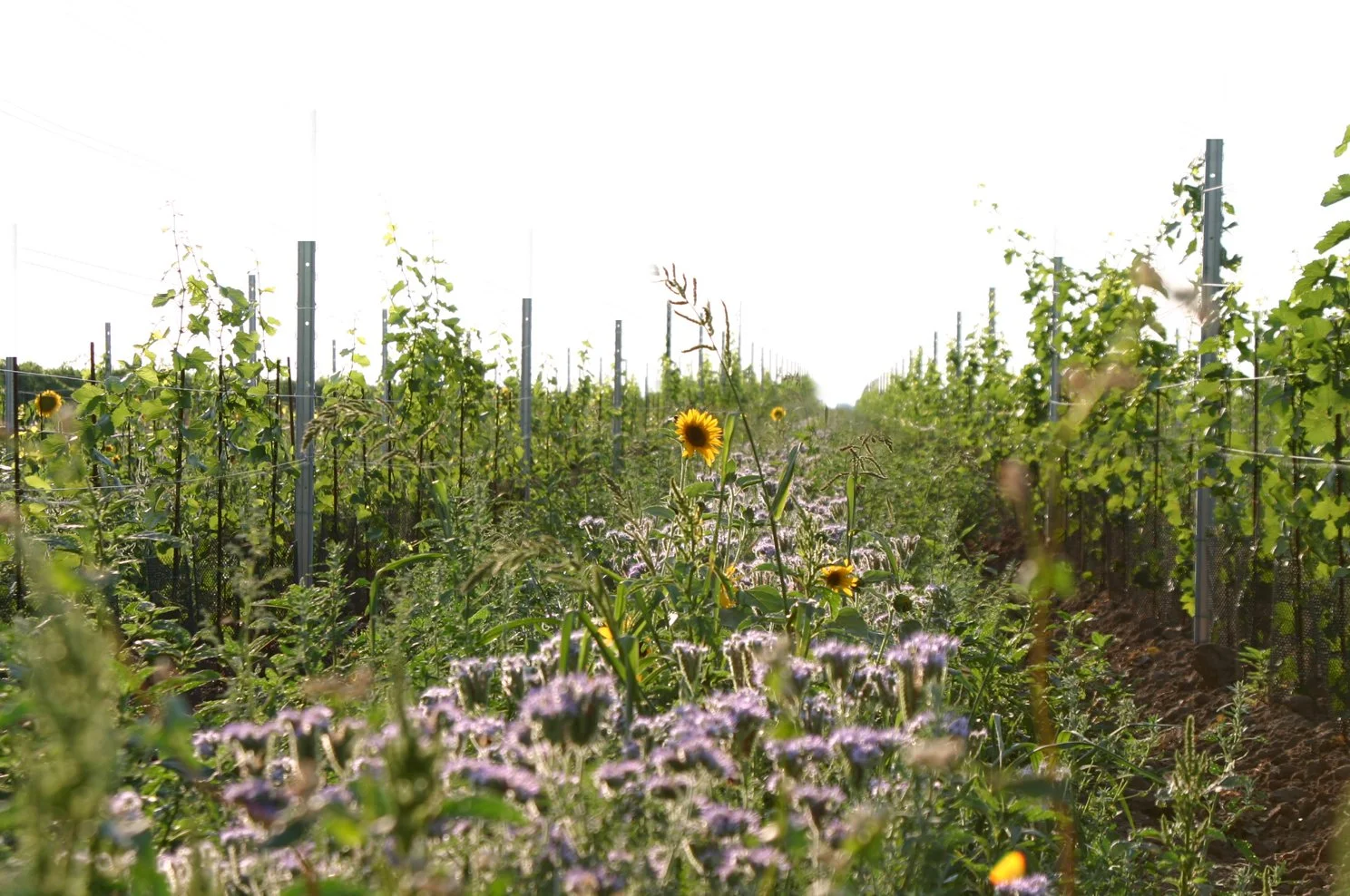Are we still debating over what terroir means?
Credit: Meinklang
Recently, wine writer Joshua Dunning of wine blog, “Word on the Grapevine”, posted a poll on Instagram with the following statement:
“Terroir doesn’t define wine, producers do.”
The resulting onslaught of fiery debates and passionate opinions over what terroir really means were myriad. Wine professionals don’t seem to be able to agree on what terroir really is.
Generally, the widely held understanding is that of soil, climate, and other environmental factors in the process of winemaking. The notion of humans playing a role is a recent - and controversial - evolution of the term.
Terroir is both intervention and symbiosis, and ultimately a human creation - so why the resistance to acknowledge that as part of it?
Dunning explains, “To me, terroir is limited to describing a vine’s immediate growing environment. Whoever makes the decisions as to how the vines are farmed and how the wines are made is another factor altogether. As far as I’d use the term, I do not consider people to be part of terroir. That would require me to adopt an altogether more numinous definition of terroir.”
Winemaker Sébastien Hotte agrees with both perspectives, “The notion of terroir is definitely about the land and soil. But we can’t deny human involvement. A good example is here in BC. The vineyard had a different shape before the land was purchased, which was then moved into a gentle slope. We created terroir. It’s an easier argument to say that nature is the only component.”
Most can agree that speaking about wine is general and tonal, rather than exact. The point is to get out and experience it, then speak some more. It’s important to mention that often fools use the term “terroir” to bamboozle consumers, and that some people think the very use of the term bestows authenticity and respect upon the wine.
Winemaker Dan Wright has begrudgingly updated his use of the term, “I used to think ‘no’ and it was kind of a cop out to claim people as part of terroir because then what isn’t part of terroir? The word loses all meaning. Increasingly, I think about techniques applied poorly, the terroir is obscured and so human knowledge and skill are necessary to avoid that. Of course, heavy handedness can obscure terroir too. So, perhaps you could say people are a necessary, but insufficient condition for terroir.”
Wine writer Wiliiam Kelley acknowledges that language does change, but that it can often be conflated, “Terroir 100 years ago meant dirt, soil. No question if you read 18th- and 19th- and in fact up until 80s texts. When that started to be contested, more astute old world producers and commentators expanded the definition to include so many things that it couldn’t possibly not define the wines. But if you speak to old timers in Burgundy, they mean the soil by terroir. If you try to say JF Coche is part of the terroir he will check to see if there’s soil on his pants. The really interesting transition to trace is when goût de terroir shifts from meaning tastes of dirt to meaning tastes of *the* dirt.”
Context of language is crucial. Perhaps, the now “catchall” term of terroir has verged too close to a “one size fits all” description. Vernacular evolves, but we must also remember origin and history. Words can quickly lose meaning if we let them. Should verbiage be aggressively policed, or welcomed to expand?

